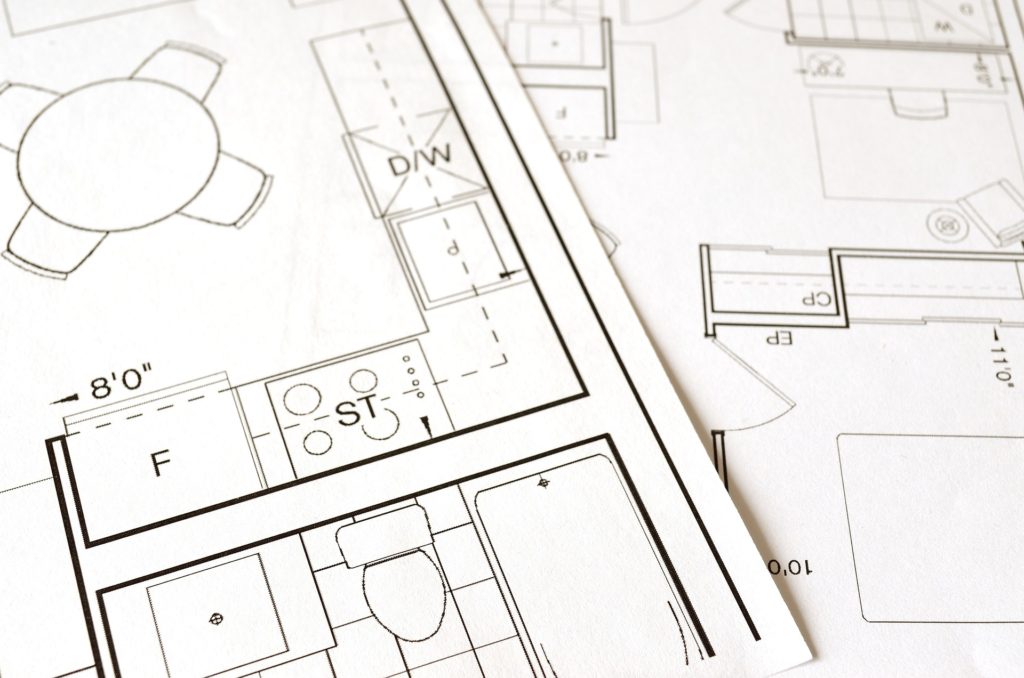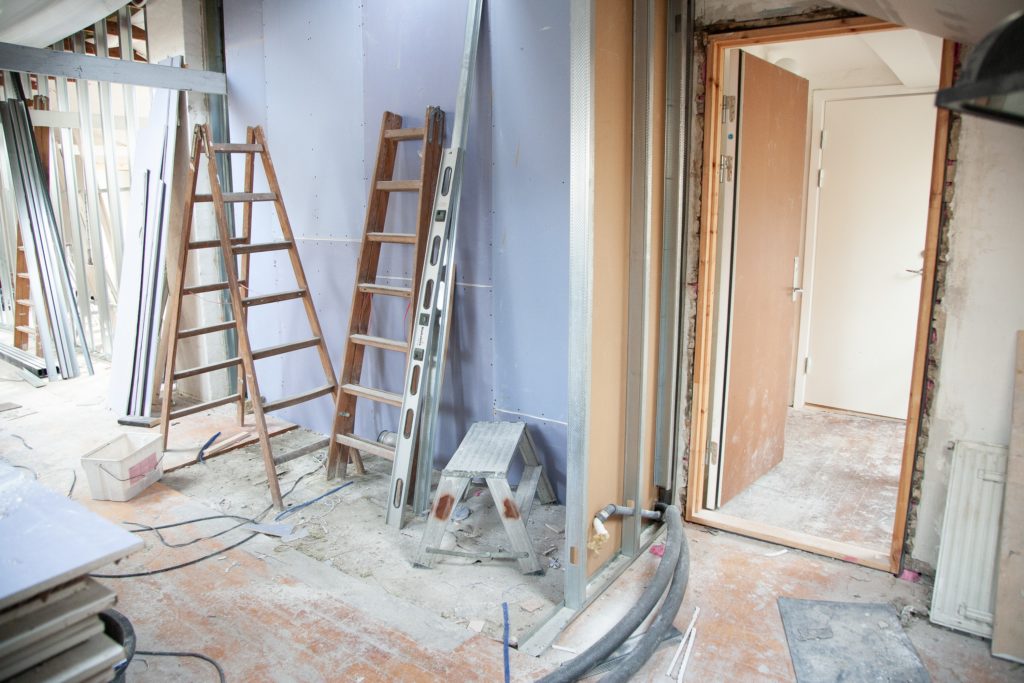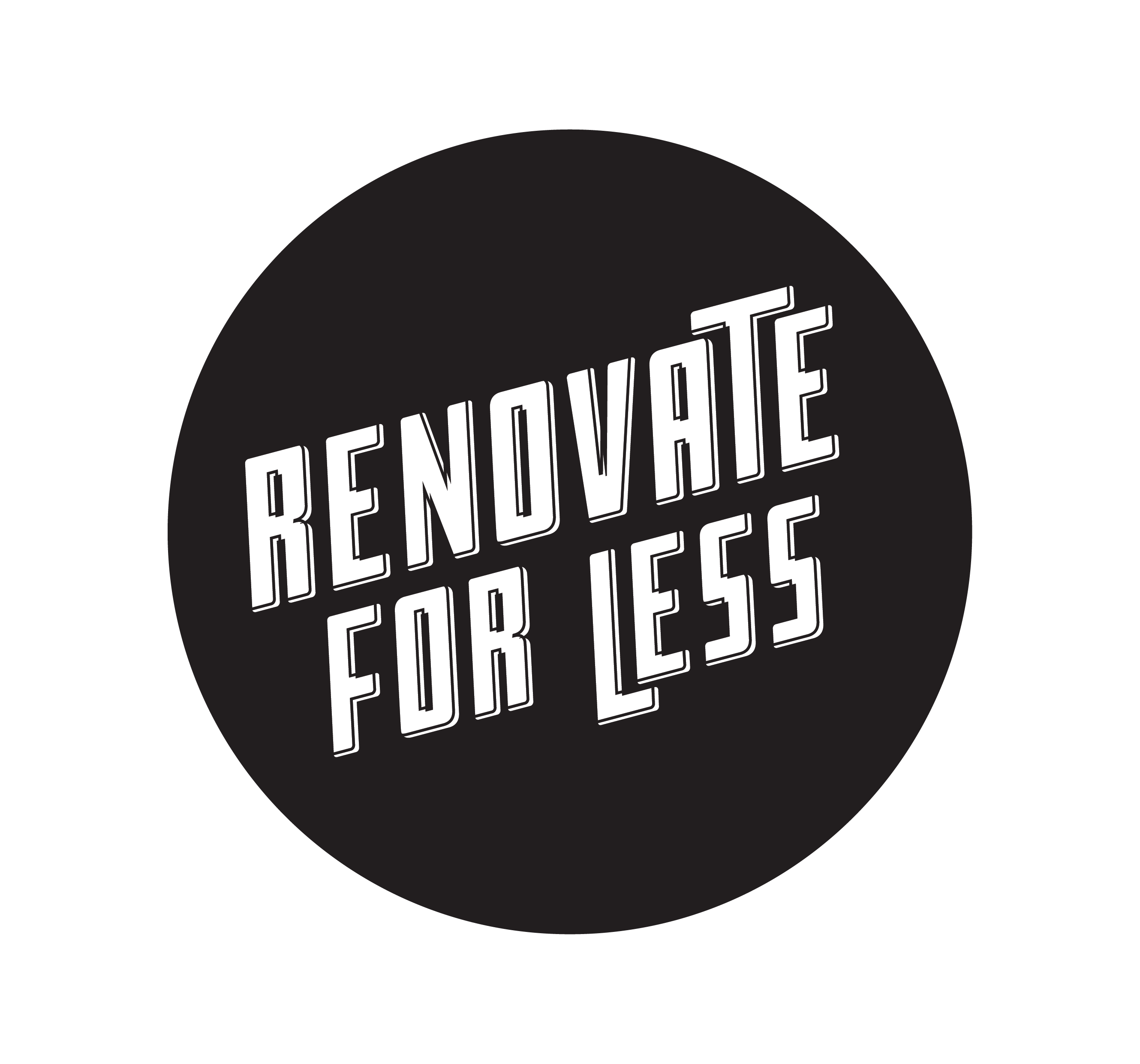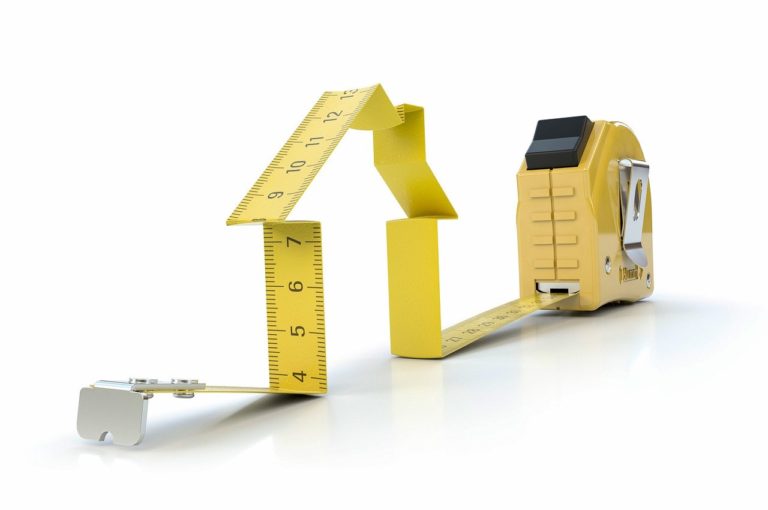To help you, we answered the Top 10 questions we receive from people when planning a home renovation. And if your question is not listed below, please get in touch with us using the contact page. We will do our best to find the answer for you. Happy Renovating!
How much does a home renovation cost?
Home renovation costs will depend on the scope of your project, the current price of materials that you are planning to use, and the cost and availability of labour.
A small renovation could range from $30,000 to $50,000, and a medium to large renovation can cost from $100,000 to $200,000. Again, it all depends on the scope of work and the finishes you intend to use.
Remember: it’s essential to get multiple quotes from suppliers and contractors well ahead of time, and to factor in unforeseen expenses which might reach between 10 to 15% above your budget.
What permits and approvals do I need for my renovation project?
Permit requirements vary by location and project. We recommend contacting your local building department or council to enquiry what permits and approvals are necessary for your renovation.
If you are engaging a licensed builder, architect or engineer, they will provide you with advice based on similar projects and they will likely help you lodge the application with the local council. Failing to obtain the proper permits can lead to legal issues and project delays.
How long a home renovation could take to complete?

Renovation timelines vary widely. While small projects may take a few weeks, major renovations can reach several months.
The main factors that determine the duration of a renovation are the availability of materials and labour, and any approvals required before you commence work.
Discuss the timeline with your contractor, and be prepared for potential delays due to unforeseen issues.
Should I hire a contractor or DIY my renovation?
Deciding between hiring a contractor and DIY depends on your skills, budget, and project complexity. While contractors bring expertise, DIY can help you save money if you have the skills and time.
We suggest you to contact the local council to investigate what types of work require a licensed professional because each State has their own rules. For example, in Queensland individuals must carry a QBCC licence for building work above $3,300.
Some types of work that require a licence (any building work value) include: plumbing, gas fitting, drainage, termite management, fire protection, building design, and others.
For more information, see links below:
ACT – https://www.planning.act.gov.au/build-buy-renovate/build-buy-or-renovate
NT – https://nt.gov.au/property/building/build-or-renovate-your-home/building-and-renovating-a-home
QLD – https://www.qbcc.qld.gov.au/licences/start-your-career/when-you-need-licence
TAS – https://www.cbos.tas.gov.au/topics/housing/building-renovating/consumer-building-information
VIC – https://www.vba.vic.gov.au/consumers/home-renovation-essentials
WA – https://www.commerce.wa.gov.au/building-and-energy/building-or-renovating-your-home-1
What are the latest trends in home renovation and design?

Home renovation trends evolve over time. In recent years, open floor plans, smart home technology, and eco-friendly materials have been popular.
We recommend that you make a list with all things you would like to update during your renovation, and create a dream board. It should include the styles, finishes, colours and materials that you like, rather than following design trends as they might be gone some time later.
How can I finance my home renovation?
Financing options include personal savings, taking equity from your home loan, lines of credit, and renovation-specific loans.
We suggest that you speak with your mortgage broker if your property is financed, or you can contact your local bank to discuss what options are available based on your financial situation and goals.
Also, we suggest that you contact your accountant to obtain advice on tax depreciation if you own an investment property. They will refer you to an expert quantity surveyor and depreciation specialist.
What materials should I use for my renovation project?

Material selection depends on the scope of your project and budget. For example, hardwood floors and natural stone benchtops are popular choices, but alternatives like laminate floorboards and engineered stone are more budget-friendly.
The same applies to the type of paint you will use, the hinges for your cabinet doors, lighting, appliances, tiles, if your pool is made with fibreglass, concrete or vinyl. Each material used during your renovation project will have its advantages and disadvantages.
Check the length of warranty, the material performance and durability because the improvements you are planning to make will need to last many years.
How can I find a reputable and reliable contractor?
Finding a reputable contractor is one of the most important steps with home renovations. Ask for recommendations, check online reviews, and request references on community groups and from local retailers that will be supplying you with the materials.
Ensure they are licensed, insured, and have experience in your type of renovation. Also, we recommend that you check the contractors’ licence on the local building department’s website. Any infringement or penalty applied to the contractor with recent work is normally visible on their page.
What are some common pitfalls to avoid during home renovation?

Common renovation pitfalls include underestimating costs, not having a detailed plan of your renovation, and neglecting to put aside a reserve fund for unexpected expenses.
Others include not checking local permits required, and engaging people without experience to carry out the building work. Careful planning can help avoid these issues, and we suggest that you check the types of insurance required during your renovation.
How can I increase the energy efficiency of my home during renovation?
Increasing energy efficiency during renovation can involve upgrading insulation, windows, appliances, as well as installing energy-efficient lighting, solar panels, and heating systems. Consult with local companies to identify the best options for your home and budget.
The Australian Government website has great information on energy ratings. Refer to link https://www.energy.gov.au/households/energy-rating

